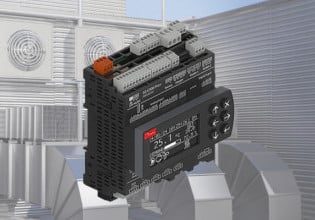V
I am going to write an HMI application and use an ActiveX control from either InGear or Automated Solutions to interface with an Allen-Bradley SLC505. I don't know which is the better Development Tool... C++ Builder 5.0 or Visual Basic 6.0. Has anybody had any positive/negative experience with using either Builder or VB with those ActiveX controls. I would prefer to use Builder, but not if I'm going to have problems.
Thanks,
Victor
Thanks,
Victor






